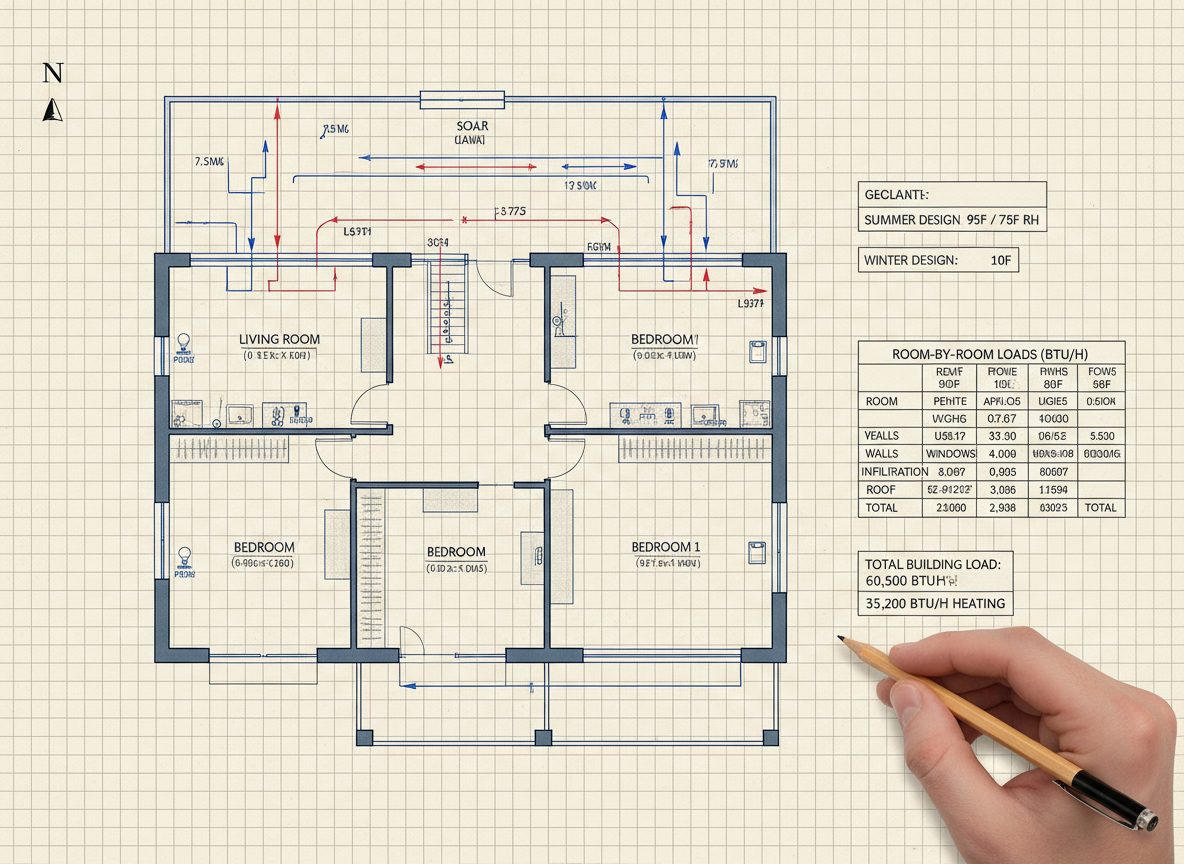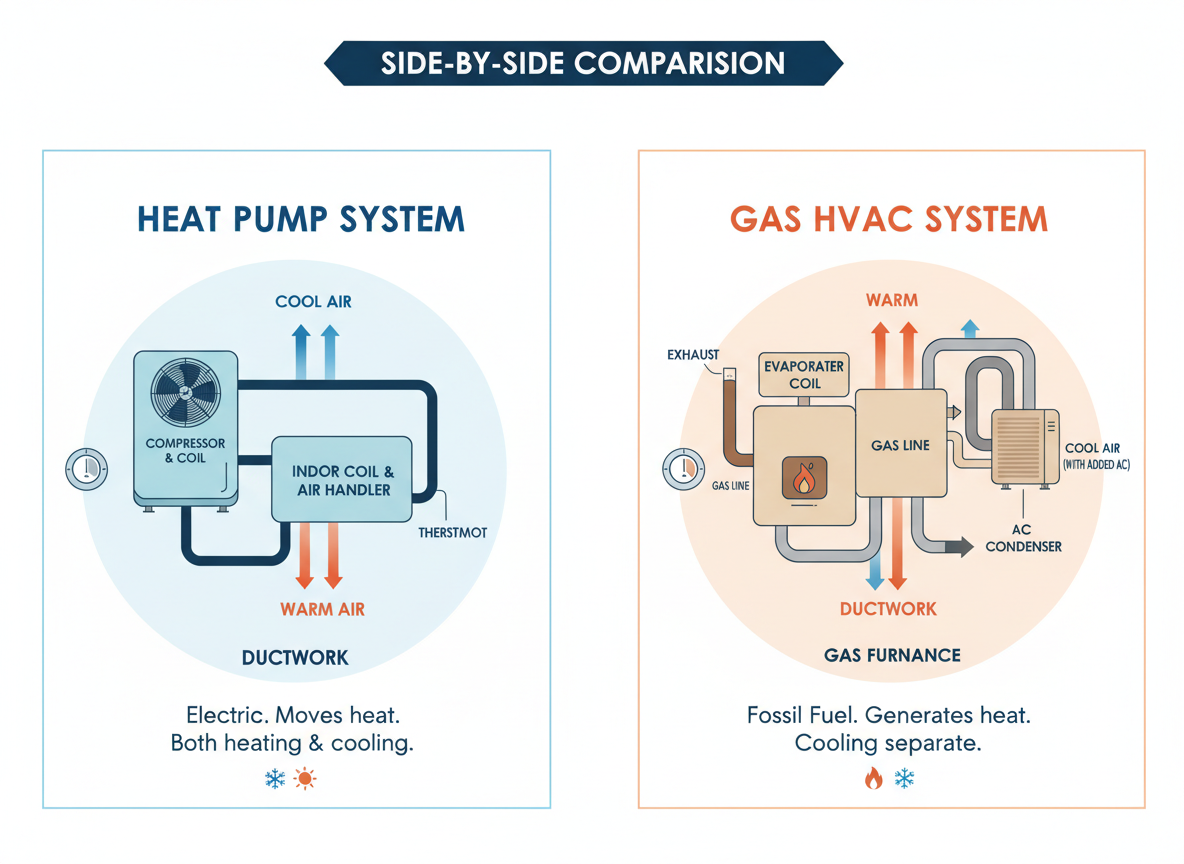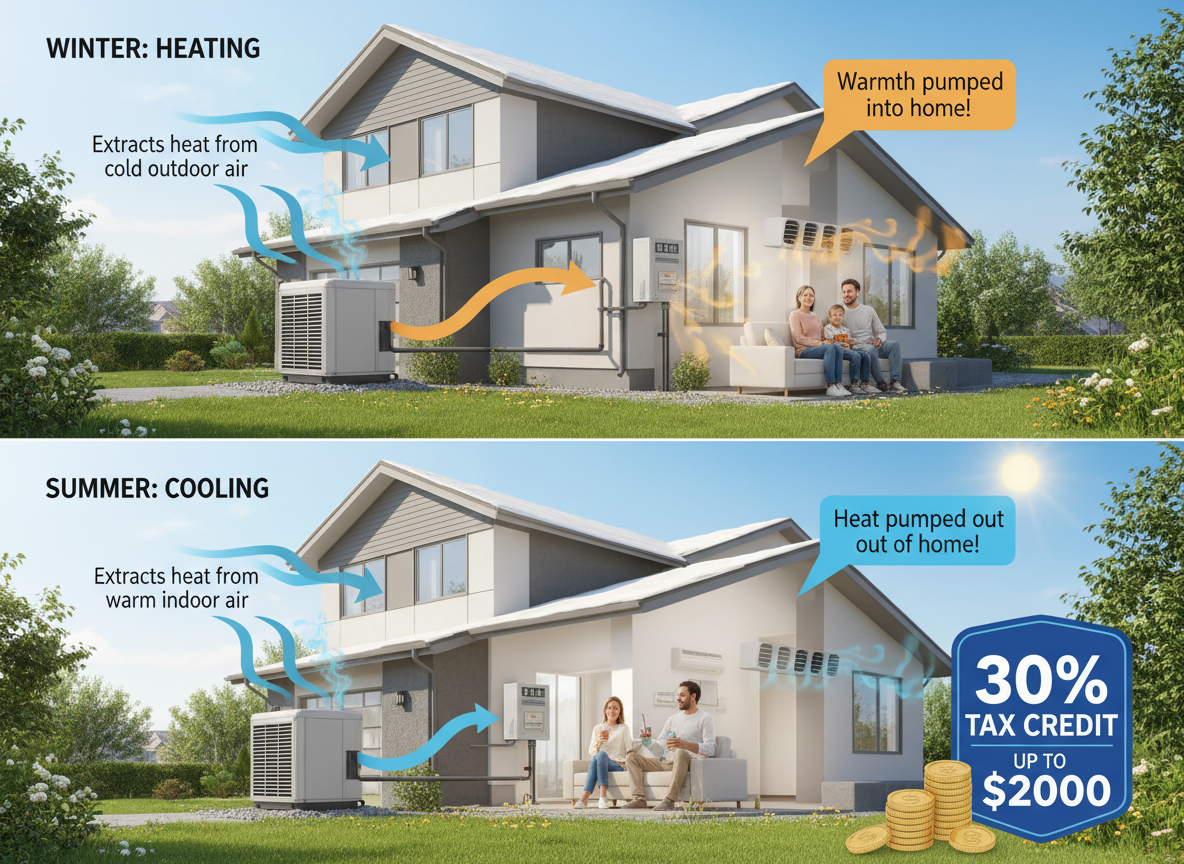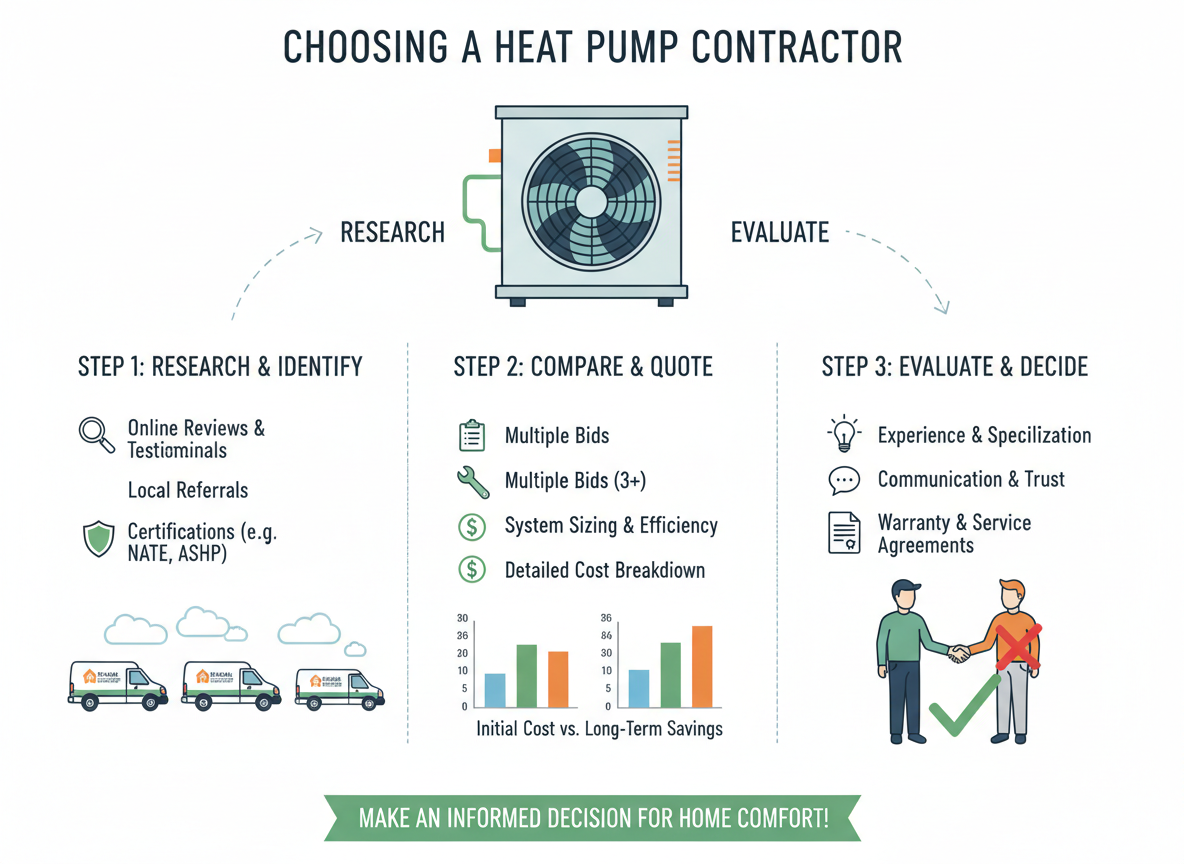
For Your Home
The Environmental Protection Agency (EPA) defines indoor air quality as the quality of air indoors as it relates to a person’s health and comfort. Some common health effects of poor indoor air quality include eye irritation, dizziness, allergies, or shortness of breath. Poor air quality is an indication of indoor pollution which may be caused by dust, dander, or other indoor pollutants. On the other hand, a high indoor air quality (IAQ) can lead to increased comfort, reduced heating and cooling costs, and better health for you and your family. Simple steps you can take to improve the air in your home is to clean regularly, including dusting, vacuuming, and changing the sheets. Open windows to allow fresh air flow into the home. The next step would be to research IAQ products to fit your needs. The right IAQ product for your home can not only improve the quality of your life, but also protect your family and may save you money year-round. Below we discuss more in depth about different IAQ products to help you the right one for your needs.
Air Filters
One of the most budget friendly products to improve indoor IAQ are air filters. Though they do not completely clean the air, they are able to catch a significant amount of debris, dust, and other contaminants before they enter your system and dispersed in your home. A MERV rating of at least 8 is recommended for residential homes and can capture up to 90 percent of small particles. Filters with higher MERV rating or HEPA filters are highly efficient filters, but before using them make sure your HVAC system is compatible. They are able to trap even smaller particles, but it is important to make sure your unit will be strong enough to push air through the tiny holes and they do not restrict air flow. Trying to use a filter not compatible with your system could cause your unit to overheat and stop performing properly and efficiently.
Air Cleaners and Purifiers
These types of products can remove airborne particles, odors, and other volatile organic compounds (VOCs) that can lead to poor IAQ. When choosing an air cleaner, check what type of air filter it uses, most contain at least two air filters, but it is possible to find some that use more. You can find ones that use HEPA filters, antibacterial, media, ion, ozone, or activated charcoal filters. Once you know which type you need, you can choose between portable or whole home air purification. You will also encounter high efficiency air cleaners. These do not use electricity and work from your HVAC system passing air over the filter. They are highly efficient over a standard one-inch thick filter and can last anywhere between 6 and 12 months. Keep in mind, they not fit all types of HVAC systems due to their larger size. Another type of air cleaner are electronic air cleaners. They are also connected to your HVAC system but catch particles missed by a regular air filter and continuously clean the air. If you are looking for a more budget friendly option than installing a whole home cleaning system these make a great choice.
Air Scrubber System
An air scrubber goes one step beyond basic air filtration. Instead of just trapping contaminants as air flows through, it disrupts the DNA of contaminants not only in the air but on surfaces in your home. The Air Scrubber by Aerus has been proven to destroy up to 99% of all surface contaminants. You can find portable air scrubber systems, but you can also find ones that attach directly to your HVAC system such as the Air Scrubber by Aerus. They can cover thousands of square feet very quickly and can remove air pollution, VOCs, surface contaminants, pet dander odors and dust and can reduce your exposure to viruses and illnesses. If you are extremely concerned with indoor air quality and have a larger area to cover, an air scrubber is worth the investment.
UV Light
UV lights are a sanitation device and are a good option if you are worried about contaminants such as mold, mildew, fungus, and bacteria. They can be especially useful in damp climates where these types of air pollutants flourish. Often, they are installed next to the cooling system and target the air being recirculated by your HVAC system. UV lamps also require little maintenance, as most bulbs last over a year and can be replaced at little cost. UV lights can remove VOC’s, odors, and can reduce algae growth, prevent ac drain line clogs and improve your AC’s cooling efficiency.
Humidifiers
Indoor air quality is also making sure the air feels comfortable and fresh as you breathe it in. Humidifiers add moisture to the air through evaporation or steam. You can find either whole-home humidifiers or portable ones, depending on the coverage you need. Typically, a humidifier is a good idea if your indoor air is regularly below 35% humidity. Some common signs you may need a humidifier include dry skin, nasal congestion every morning, frequent nosebleeds, or chapped lips. Furthermore, humidifiers are especially helpful if you live in a dry area with a wooden home and wooden furniture since low humidity can make wood shrink and crack as it dries out.
Dehumidifiers
Though slightly damper air is easier to breathe, excessive dampness of more than 50% or so can cause multiple issues for you and your home. High humidity can encourage the mold growth, mildew, and other things that can harm indoor air quality. Your air conditioner itself will dehumidify the air, but if your indoor air is still uncomfortably humid, consider a dehumidifier. A dehumidifier can eliminate excess moisture that allows contaminants to thrive. Furthermore, removing excess moisture from the air can keep your AC from overworking to maintain the desired temperature. In Los Angeles, its common to need a humidifier in the winter and a dehumidifier in the summer.
Ventilation Systems
Proper ventilation is key for reducing harmful contaminants and increasing the IAQ of your home. A simple effective way of improving air quality can just be replacing indoor air with fresh outdoor air therefore reducing VOCs and harmful bacteria. Ventilators are designed to remove stale indoor air, reduce odors, and make the indoor air fresher and easier to breathe. There are four main types of whole-home ventilation systems: exhaust, supply, balanced, and energy recovery. ERV and HRV systems are two types of ventilation that exchange air while reducing heating and cooling costs. They are mostly ideal for newer homes that may be air sealed so tight that they otherwise would not get fresh air.
Duct Sealing
Something to keep in mind is that no matter how many IAQ products you have, you may run into issues if you have any duct leaks. Duct leaks pull in dirty air into your home from the attic or crawlspace. Depending on the extent of damage you may be able to seal individual areas or you may want to consider full duct replacement. In addition to helping keep your indoor air clean, it also helps ensure you are not wasting precious cooled or heated air.
Give Us A Call
LA Construction Heating and Air offers various air quality solutions for your Los Angeles home. We can help you determine what IAQ product is best suited for your home based on your concerns and needs. Give us a call today at 818-341-3406 or contact us online to learn about our air quality services.
The Right IAQ Product For Your Home Related Posts:






















.png)














